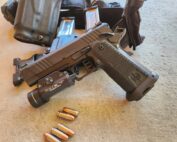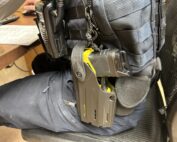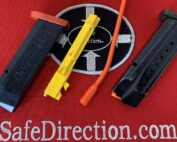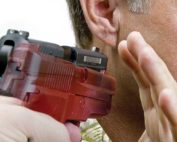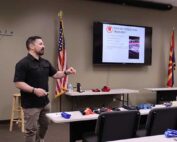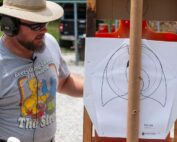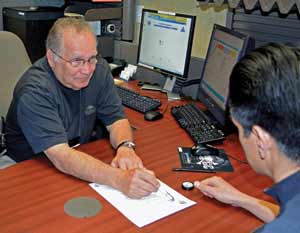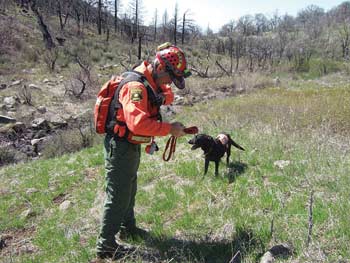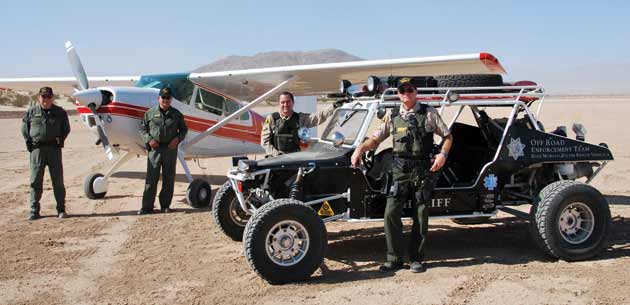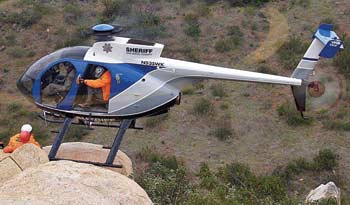
RESERVE-3
So you want to be a reserve officer, but law enforcement duties and the streets aren’t for you. Perhaps you’d be better suited for a Search and Rescue (SAR) program. These programs differ throughout the country, but all have some common features: they get you outdoors usually in rural areas, and give you access to some great equipment. First you’ll have to decide what types of SAR duties suit your goal. In most areas you can be a Rescue or Citizen Volunteer.
A Rescue Volunteer is fully trained in SAR service, meaning attendance of an academy in which classroom and field instruction could entail 200 to 300 hours. Training topics include first aid, search skills, rescue support and general field support. In California, some candidates must also complete special law enforcement training required for Level III Reserve Peace Officers.
A Citizen Volunteer is someone who wishes to volunteer, but in a supporting role only. They’re usually not allowed to enter the field to work with the field teams, rather they staff the command post or help keep manpower and supplies organized. They may also have specialized training used in the performance of the SAR function. In either program you’ll have to meet your local department’s selection requirements, and pass interview and physical agility requirements.
What’s Your Specialty?
As a SAR volunteer there are several programs in which you might specialize. The larger the department and program, the more assignments are available. Some examples of field assignments are as follows. These units may differ depending on your local department or agency.
K-9 Operations: Bloodhounds are used to search for missing persons and cadaver dogs may be used after a natural (or unnatural) disaster. These dogs are highly trained to detect and trail trace scents over long distances or in devastated areas. You’ll have to be in good physical condition, as the dogs frequently trail in a running mode for several miles.
Technical Search Unit: These are land based search operations, and you’d usually be trained to operate in urban, suburban and wilderness environments.
Technical Rescue Unit: If you fancy yourself a bit of a techno geek, this unit’s for you. They utilize various types of technical equipment, like metal detectors, night vision goggles or scopes, sound enhancement devices and electronic transmitter locators to find missing persons in collapsed buildings and structures.
Medical Unit: Maybe your job in the medical field isn’t quite enough. Volunteering on a SAR medical unit would allow you to provide emergency medical triage services at incidents. Obviously, advanced medical training is a must and this unit usually is comprised of doctors, nurses and other EMTs.
Off-road Enforcement: Dirt bikes and ATVs are used in the hard to access areas of the county.
Dive Team: Certified divers who help in SAR programs help in the search and recovery efforts in backcountry water or lake areas.
Mounted Unit: Bring your horse riding skills for this one; volunteer in this capacity and you (and the horse you rode in on) will be used for searches in backcountry or wilderness environments.
Aero Squadron: Whether in fixed wing or a helicopter, you may simply act in an observer’s capacity for a search or rescue. Some agencies may find your services extremely helpful if you have your pilot’s license.
Command Support Unit: Volunteering here requires you to provide on-site staffing of a command post. You’ll be trained in the use of the command post, communication equipment, tracking software and other specialty equipment.
By Doug Sherman
>> Click Here << To Read More November 2012 Reserves
Order Your Copy Of The American COP November 2012 Issue Today!


